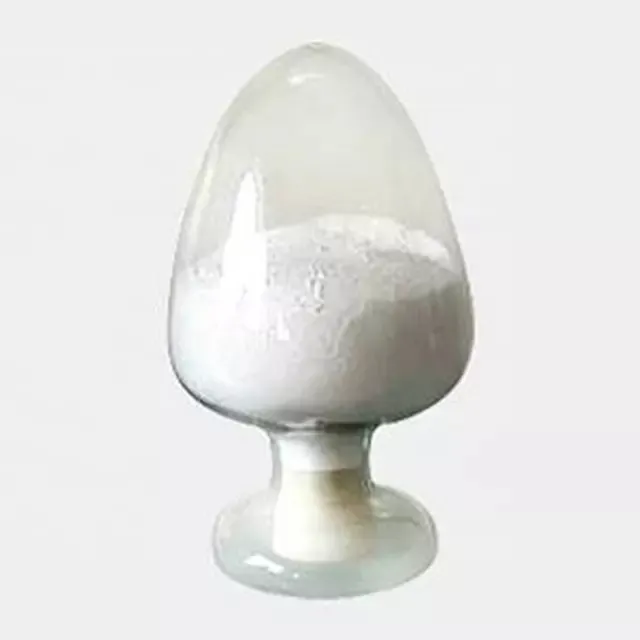Warning: Undefined array key "title" in /home/www/wwwroot/HTML/www.exportstart.com/wp-content/themes/1198/header.php on line 6
Warning: Undefined array key "file" in /home/www/wwwroot/HTML/www.exportstart.com/wp-content/themes/1198/header.php on line 7
Warning: Undefined array key "title" in /home/www/wwwroot/HTML/www.exportstart.com/wp-content/themes/1198/header.php on line 7
Warning: Undefined array key "title" in /home/www/wwwroot/HTML/www.exportstart.com/wp-content/themes/1198/header.php on line 7
- Afrikaans
- Albanian
- Amharic
- Arabic
- Armenian
- Azerbaijani
- Basque
- Belarusian
- Bengali
- Bosnian
- Bulgarian
- Catalan
- Cebuano
- China
- China (Taiwan)
- Corsican
- Croatian
- Czech
- Danish
- Dutch
- English
- Esperanto
- Estonian
- Finnish
- French
- Frisian
- Galician
- Georgian
- German
- Greek
- Gujarati
- Haitian Creole
- hausa
- hawaiian
- Hebrew
- Hindi
- Miao
- Hungarian
- Icelandic
- igbo
- Indonesian
- irish
- Italian
- Japanese
- Javanese
- Kannada
- kazakh
- Khmer
- Rwandese
- Korean
- Kurdish
- Kyrgyz
- Lao
- Latin
- Latvian
- Lithuanian
- Luxembourgish
- Macedonian
- Malgashi
- Malay
- Malayalam
- Maltese
- Maori
- Marathi
- Mongolian
- Myanmar
- Nepali
- Norwegian
- Norwegian
- Occitan
- Pashto
- Persian
- Polish
- Portuguese
- Punjabi
- Romanian
- Russian
- Samoan
- Scottish Gaelic
- Serbian
- Sesotho
- Shona
- Sindhi
- Sinhala
- Slovak
- Slovenian
- Somali
- Spanish
- Sundanese
- Swahili
- Swedish
- Tagalog
- Tajik
- Tamil
- Tatar
- Telugu
- Thai
- Turkish
- Turkmen
- Ukrainian
- Urdu
- Uighur
- Uzbek
- Vietnamese
- Welsh
- Bantu
- Yiddish
- Yoruba
- Zulu
Nov . 29, 2024 13:52 Back to list
Exploring Applications and Benefits of Industrial Propylene Glycol in Various Industries
Industrial Propylene Glycol An Overview
Propylene glycol, a synthetic organic compound with the chemical formula C3H8O2, is a clear, colorless liquid that is hygroscopic and miscible with water, acetone, and chloroform. Commonly referred to as propane-1,2-diol, this compound has gained significant attention in various industrial applications due to its unique properties that make it versatile and beneficial in many formulations.
Properties and Characteristics
Propylene glycol is characterized by its low toxicity, high solubility, and ability to retain moisture. These properties make it an ideal choice for a wide range of applications, particularly within the food, pharmaceutical, and cosmetic industries. It has a low viscosity, which facilitates ease of handling and incorporation into different formulations. Furthermore, it has a high boiling point (188.2°C or 370.76°F) and a low freezing point (-59°C or -74.2°F), making it stable under a diverse array of temperature conditions.
One of the hallmark features of propylene glycol is its ability to function as a humectant, which means it attracts and retains moisture. This property is especially beneficial in products such as skin care formulations and hair care products, where hydration is key to maintaining quality and effectiveness.
Applications in Various Industries
1. Food Industry In the food sector, propylene glycol serves as a food additive (E1520), where it is used as an emulsifier, solvent, and preservative. It is commonly found in processed foods, salad dressings, and baked goods. Its role is to improve texture and extend shelf life, ensuring that products remain fresh over time.
2. Pharmaceuticals In pharmaceuticals, propylene glycol is frequently employed as a solvent for oral, injectable, and topical medications. It enhances the absorption of active ingredients and helps in the delivery of drugs, making it a critical component in various medicinal formulations. Its low toxicity means that it is safe for human use, which has led to its popularity in medicinal preparations.
industrial propylene glycol

3. Cosmetics The cosmetic industry has embraced propylene glycol for its moisturizing properties. It is commonly found in lotions, creams, shampoos, and other personal care products, where it serves as a humectant and stabilizer. Its ability to dissolve a wide range of ingredients enables formulators to create effective and homogeneous products.
4. Industrial Applications Beyond food and personal care, propylene glycol is utilized in several industrial applications. It is used as a coolant and antifreeze in hydraulic systems and engine coolants, capitalizing on its ability to lower the freezing point of water-based solutions. Additionally, it is employed in the production of plastics and resins, making it an essential ingredient in manufacturing processes.
Environmental and Safety Considerations
While propylene glycol is generally recognized as safe (GRAS) by regulatory bodies, it is crucial to consider environmental impacts. The compound is biodegradable, which reduces its potential to cause long-term environmental damage. However, like all chemicals, proper handling and disposal practices should be observed to mitigate risks associated with spills or contamination.
From a safety perspective, propylene glycol exhibits low toxicity, which allows for its widespread use in consumer products. Nevertheless, it is essential for industries to adhere to safe use guidelines and for consumers to read product labels for information on ingredient safety.
Conclusion
Industrial propylene glycol is a multifaceted compound with applications spanning across food, pharmaceuticals, cosmetics, and other industrial sectors. Its unique properties, such as low toxicity, moisture retention, and high solubility, make it a desirable ingredient in numerous formulations. As industries increasingly prioritize sustainable and safe practices, propylene glycol is likely to remain a staple in various product lines, continuing to meet consumer and industrial needs effectively. Whether it’s enhancing the texture of food, serving as a solvent in medications, or moisturizing skin in beauty products, propylene glycol stands out as a vital component in modern manufacturing and formulation processes.
Latest news
-
Certifications for Vegetarian and Xanthan Gum Vegetarian
NewsJun.17,2025
-
Sustainability Trends Reshaping the SLES N70 Market
NewsJun.17,2025
-
Propylene Glycol Use in Vaccines: Balancing Function and Perception
NewsJun.17,2025
-
Petroleum Jelly in Skincare: Balancing Benefits and Backlash
NewsJun.17,2025
-
Energy Price Volatility and Ripple Effect on Caprolactam Markets
NewsJun.17,2025
-
Spectroscopic Techniques for Adipic Acid Molecular Weight
NewsJun.17,2025

